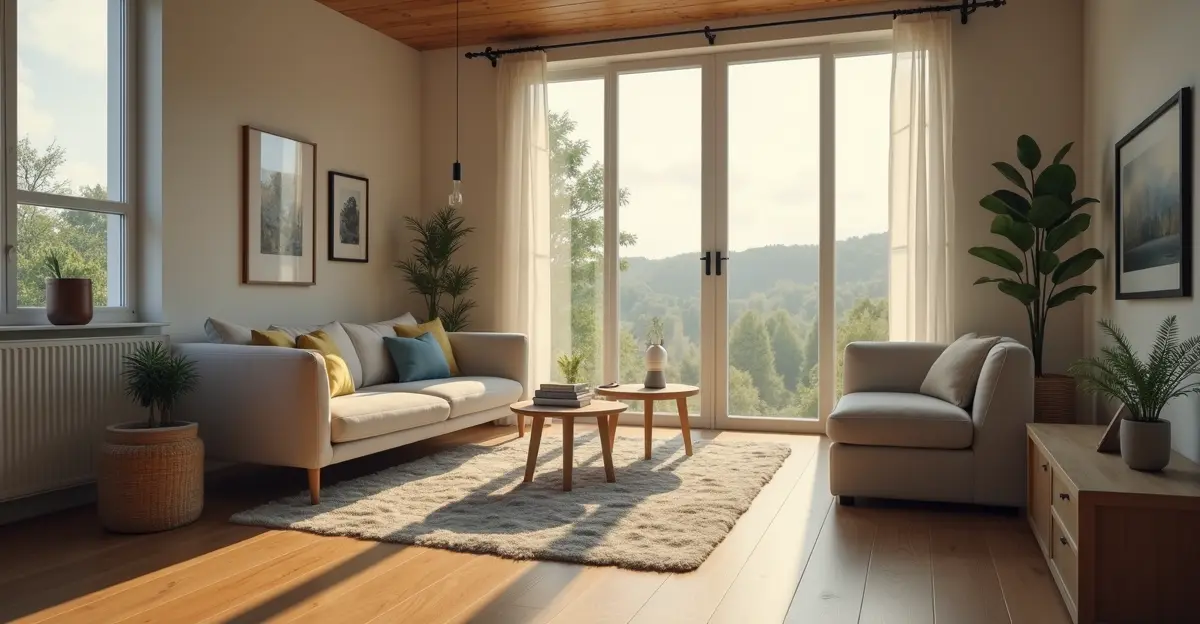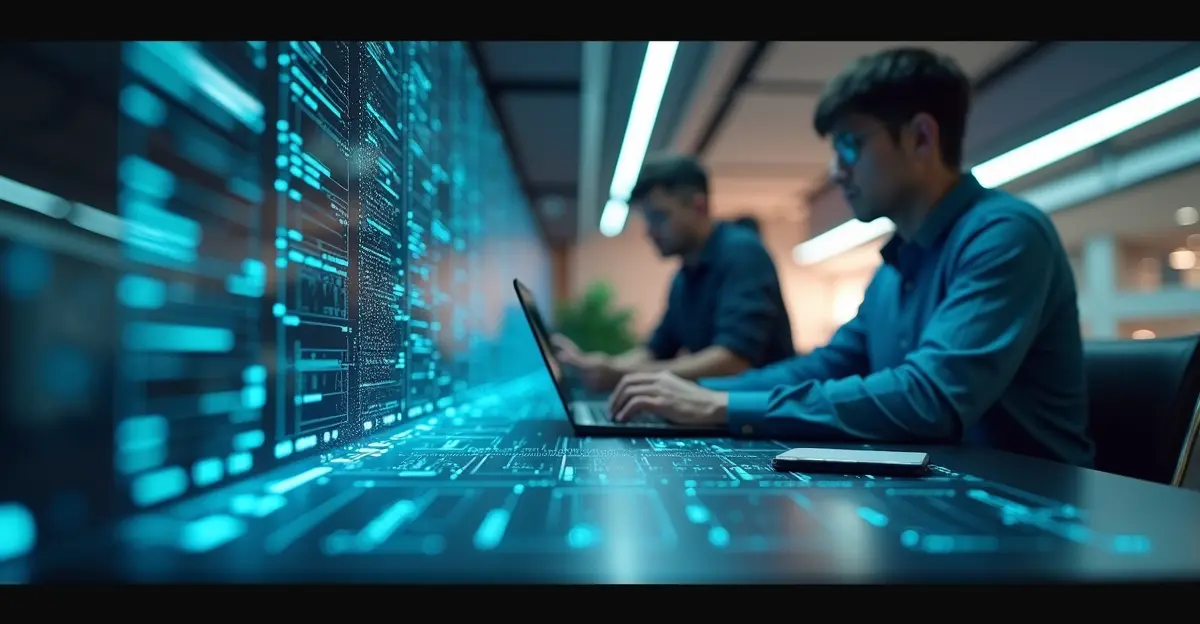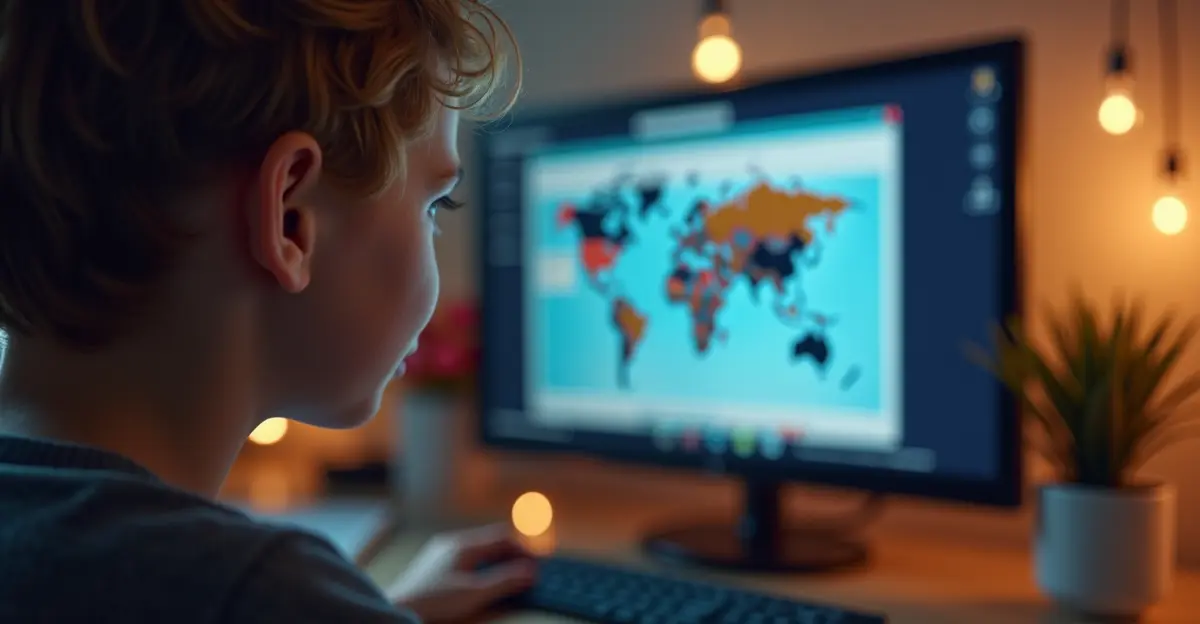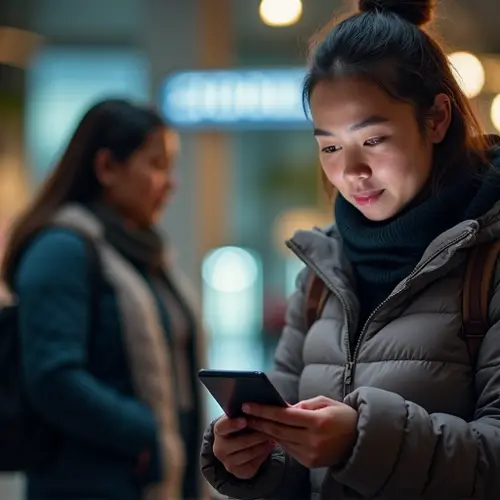The Rise of Minimalism as a Lifestyle Choice
In 2025, minimalism has evolved from an art movement into a powerful lifestyle philosophy that's transforming how people live, work, and find happiness. The trend of downsizing possessions and homes has gained remarkable momentum, with millions embracing the idea that less truly can be more. 'Minimalism isn't about deprivation—it's about liberation,' explains lifestyle coach Sarah Johnson, who has helped over 500 families transition to minimalist living. 'People are discovering that reducing clutter creates space for what truly matters.'
The Science Behind Minimalism's Benefits
Research from Family Goody reveals that minimalists report 23% lower stress levels than average consumers. The psychological benefits are substantial: clutter triggers cortisol production while organized spaces promote serotonin release. Studies from Princeton University show that physical clutter reduces productivity by up to 40%, while streamlined spaces preserve mental energy for meaningful tasks. 'The mental clarity I've gained from downsizing has been life-changing,' shares Mark Thompson, a software engineer who recently moved from a 2,000-square-foot home to a 600-square-foot apartment. 'I sleep better, think clearer, and have more time for relationships.'
The Tiny House Revolution
The tiny house movement has become a cornerstone of modern minimalism. According to Top Tiny House, the tiny home market is booming with projected growth of $3.71 billion between 2025-2029. These compact living spaces, typically ranging from 100-400 square feet, represent a global shift toward sustainable, intentional living. The 2025 Tiny Home Awards showcased innovative designs like the Halcyon 02, which won 'Tiny House of the Year' with its luxury features in just 37 feet of space. 'Living small creates room for freedom and unforgettable experiences,' notes tiny home designer Emma Rodriguez.
Digital Minimalism: The New Frontier
Minimalism has expanded beyond physical possessions to address digital clutter. The average person spends over 6 hours daily on digital devices, leading to what experts call 'digital fatigue.' Digital minimalism strategies include 'digital sabbaths,' notification controls, and tech-free zones. Shark's Mind reports that digital decluttering has become crucial for regaining focus and reducing anxiety. 'Turning off notifications was the first step toward reclaiming my attention,' says college student Lisa Chen. 'Now I have time for hobbies I'd forgotten I loved.'
Financial Freedom Through Mindful Consumption
The financial benefits of minimalism are equally compelling. The average American household contains over 300,000 items, many rarely used. By adopting mindful consumption habits, minimalists report saving thousands annually. Creative Peep highlights how conscious spending leads to financial wellness and reduced debt. 'We paid off $45,000 in debt in two years by embracing minimalism,' shares financial coach David Martinez. 'It's not about being cheap—it's about being intentional with every dollar.'
Sustainability and Environmental Impact
Minimalism naturally aligns with environmental consciousness. The fashion industry alone produces 92 million tons of waste annually, while the average American throws away 81 pounds of clothing each year. Minimalist practices like capsule wardrobes and mindful purchasing significantly reduce this environmental footprint. 'Every item we don't buy is a vote for a healthier planet,' emphasizes environmental activist Maria Gonzalez.
Getting Started with Minimalism
For those interested in adopting minimalism, experts recommend starting small. The 90/90 rule suggests discarding items not used in 90 days if they won't be needed in the next 90. Marie Kondo's approach of keeping only items that 'spark joy' remains popular, while Swedish death cleaning philosophy encourages thoughtful consideration of what to leave behind. 'Begin with one drawer or one shelf,' advises professional organizer Rachel Williams. 'The momentum builds naturally once you experience the freedom of less.'
As we navigate 2025, minimalism offers a powerful antidote to the overwhelm of modern life. Whether through tiny homes, digital detoxes, or mindful consumption, millions are discovering that downsizing possessions and homes leads to upsized happiness and freedom.

 Nederlands
Nederlands
 English
English
 Deutsch
Deutsch
 Français
Français
 Español
Español
 Português
Português










